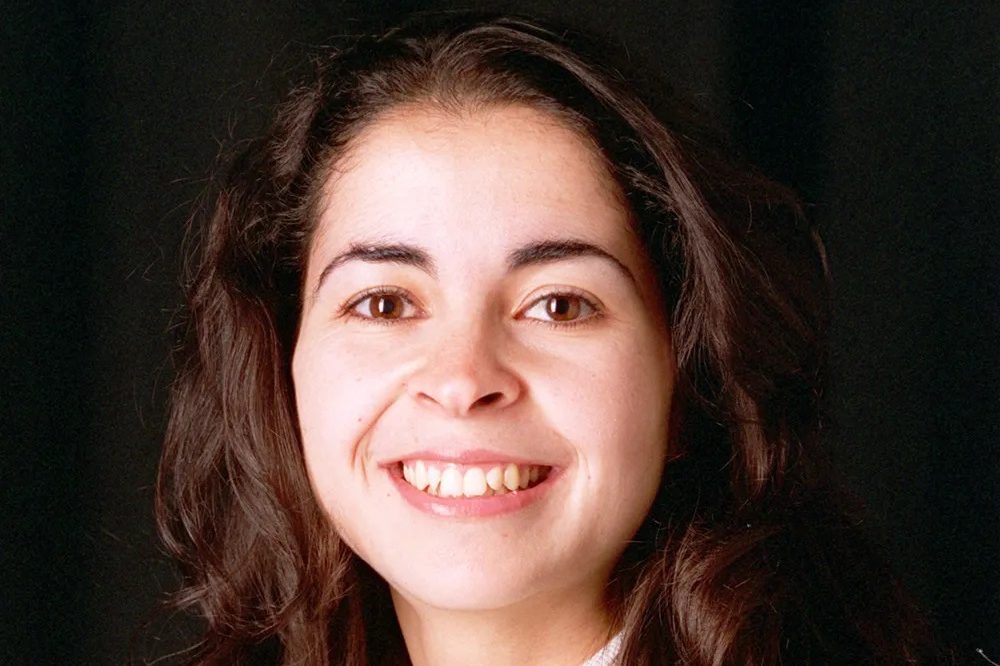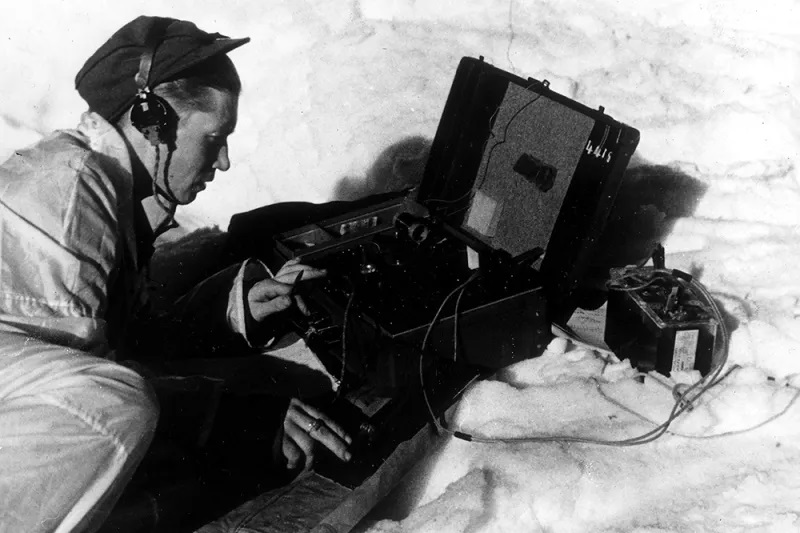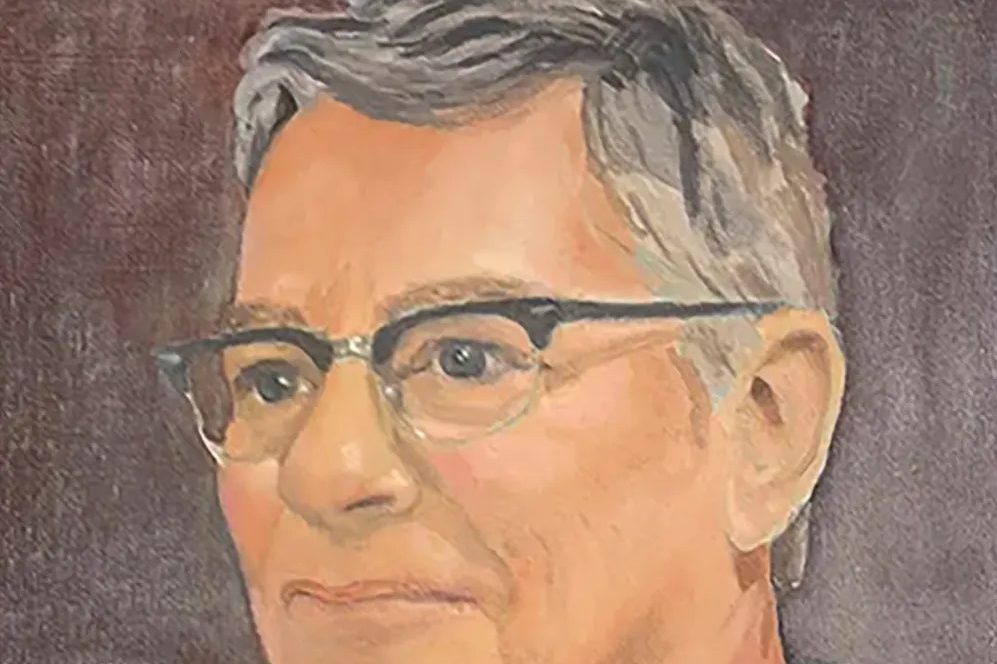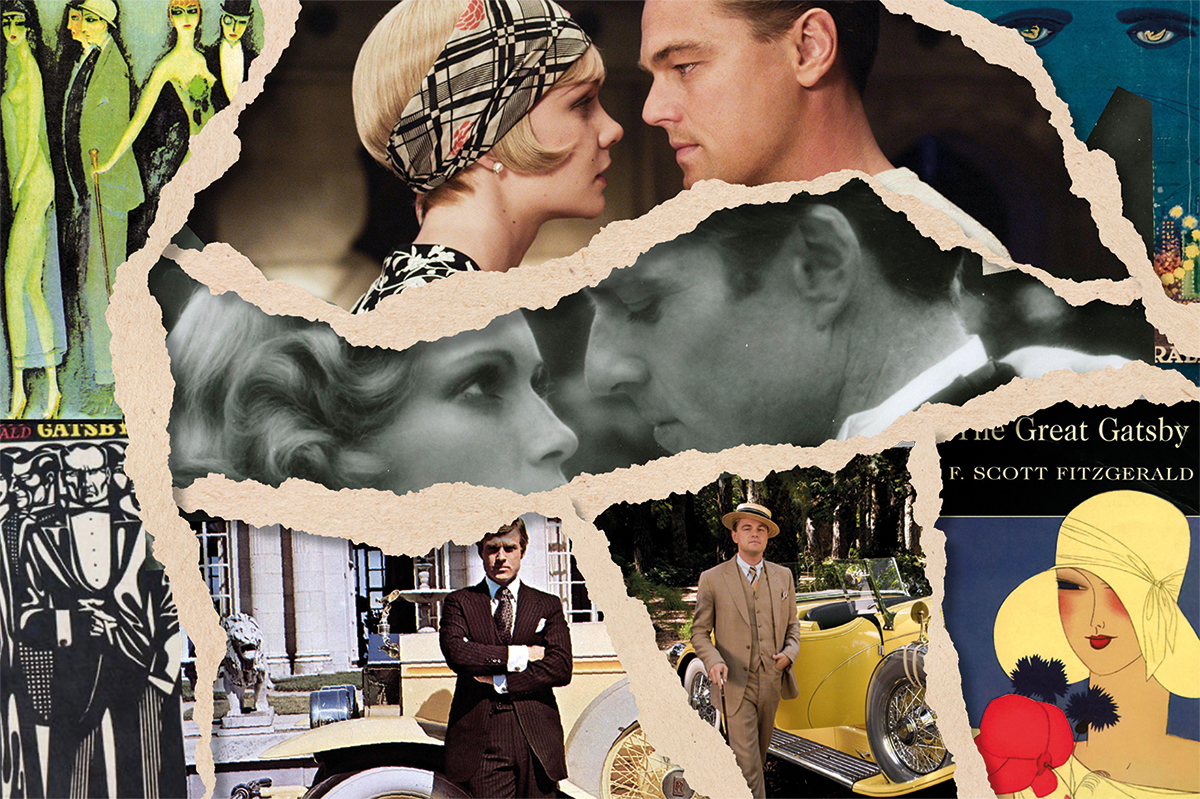We should save ourselves some time and ban all books. They’re too much trouble.
For example, Elin Hilderbrand, author of Golden Girl, hates Anne Frank. We know this because a teenager in the novel quips that hiding in a friend’s attic for the summer would make her ‘like Anne Frank’. Didn’t Hilderbrand get the memo? Teenagers are not allowed to make jokes (or mistakes).
One presumed reader wrote to the book’s publisher, ‘As a Jewish woman, one who lost 18 members of her family in the Holocaust I’m disgusted in you as a publisher that you allowed that line to be published. It’s inexcusable.’
Good for her! Hilderbrand was clearly insulting Anne Frank’s legacy, making excuses for the Holocaust and pledging her allegiance to Hitler.
After the criticism, Hilderbrand promised to sanitize the novel so none of us would be exposed to her insensitivity again.
Here’s another recent example: the author who used a bit of dialogue to critique what she saw as the US’s overly deferential stance toward Israel. When the president in Red, White & Royal Blue says, ‘Well, my UN ambassador fucked up his one job and said something idiotic about Israel, and now I have to call Netanyahu and personally apologize,’ the author clearly agrees. How else do you write a book; by filling it with gray areas, other people’s opinions and morally ambiguous characters? Obviously not.
‘I wrote this line as a dig at US presidential diplomacy,’ author Casey McQuiston said by way of apology when one reader complained about the line. ‘It was an attempt to punch up at liberal American politics, not a statement of my beliefs. I could and should have made that clearer. It has been changed for all future printings.’
We, wise readers, know that she’s really just making excuses for having the Wrong Opinion. So of course McQuiston had to promise to pull it from future copies of the book.
These examples are just from this month. But books have been problematic for a long time. Two years ago, author and self-proclaimed ‘sensitivity reader’ Kosoko Jackson pulled his own book from publication after readers proclaimed that it was, well, insensitive.
If it only takes social media outrage from one or two online commenters to get a published book reprinted, why publish books at all? Why not have everyone online read them, pick out the offensive line, and then publish the blank books? Then everyone would be able to read them, and no one would get offended.
But that’s just for the books yet to come. What are we to do with the millions of problematic books already lying around? We should get rid of everything by Roald Dahl, Dr. Seuss and Mark Twain, for starters. Flannery O’Connor certainly must go.
In fact, we should all dedicate ourselves to reading books and looking for problematic content. But then, we’d have to be exposed to ideas that we don’t agree with, and that’s one thing we clearly can’t stand.

























